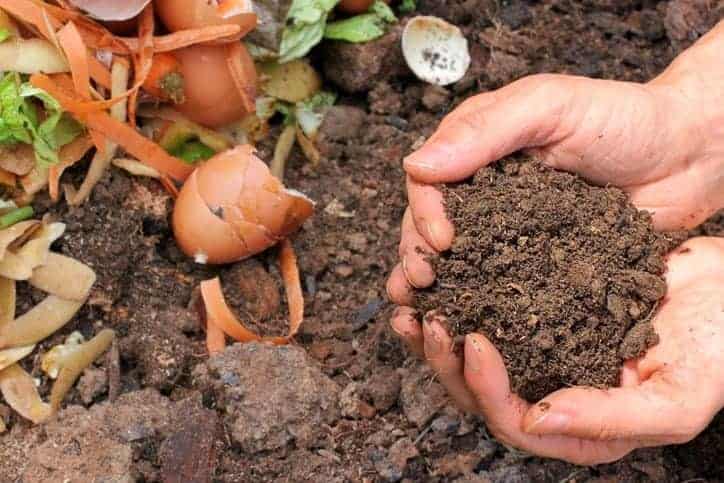Food waste is a serious problem that deserves serious attention. According to the United States Department of Agriculture, Americans waste between 30 – 40 percent of all the food produced, at the retailer and consumer level. This is a serious issue since the food value is an estimated $161 billion. The country leads the world in the amount of food waste, and the reason is self-explanatory. Food is cheap in America, and there seems to be an inadequate desire to educate the people on the importance of food waste management. The food can be saved through composting and animal feed.

Food Recycling Through Composting
Composting is the process of decomposing organic material, where soil organisms recycle nitrogen, potash, phosphorus and other soil nutrients, and turning them into humus. Composting is a cheap and effortless method of getting rid of food waste and making it useful for other purposes.
Benefits of Composting Food Waste
- Reduces waste
- Reduces pressure on landfills
- Makes compost available for the next farming seasons
- Saves money on purchasing soil
- Adds nutrients to the soil
- Promotes better health for the community
How to Compost Food Waste?

Composting food waste is easy and takes very little time, depending on the system you use. There are many methods used for composting, but the worm compost and compost bin is the most common. For the worm compost just have the compost outside your home and dump the waste in it. The worms will go through it, eat it, and then leave you with rich, dark compost at the lower tray.
Pit composting is for people who are establishing new garden beds. Just place your organic kitchen waste in trenches or shallow holes and cover it with soil. The Anaerobic organisms in the soil will break down the materials within a period of about four to ten months.
The piling method of composting is one of the easiest and rewarding. They don’t need any construction. Just pile up compostable materials together and leave them in the air where they continue to decompose. You will need a pitchfork for turning. If you need quick composting, you can invest in a turning bin. The addition of a crank and pivot means they can be turned to quicken the decomposition process so that you can get useful compost within two months.
Food Recycling Through Animal Feed

For centuries, animals have been fed leftover food. Even when we were kids, we used to put our unfinished meal under the table, hoping that the dog or cat will eat it. Food recycling through animal feed offers one of the best ways to deal with the scourge of food wastage around the world.
Benefits of Food Recycling Through Animal Feed
- Reduced pressure on landfills
- Cattle farmers save money from buying animal feed
- Reduce methane emissions from fruits & vegetables to lower carbon footprints
- Good for the economy
How to recycle food waste into animal feed?
Feeding the animals directly is a simple and easy method. People can donate their kitchen and plate leftover to farmers, who will, in turn, use it to feed the animals. Those who keep animals can use part of the food to feed them. Swine do well in this, as they are omnivorous animals who would eat anything.
However, many experts are of the opinion that feeding animals directly may lead to health issues. This can easily be handled by ensuring the process of getting the food to the animals is controlled. The United States Environmental Protection Agency encourages anyone who wants to take part in recycling food waste for animal feed to contact their local solid waste, public health agency, or county agricultural extension agency for information. You’ll also have to determine what types of food you want to provide and how often you’re going to provide it.
Food waste might be a serious problem for the modern world, but with determination, we can overcome it. What is needed is proper education and commitment by every member of the community to be responsible and take action.


2 comment on “Food Waste Recycling through Composting and Animal Feed”